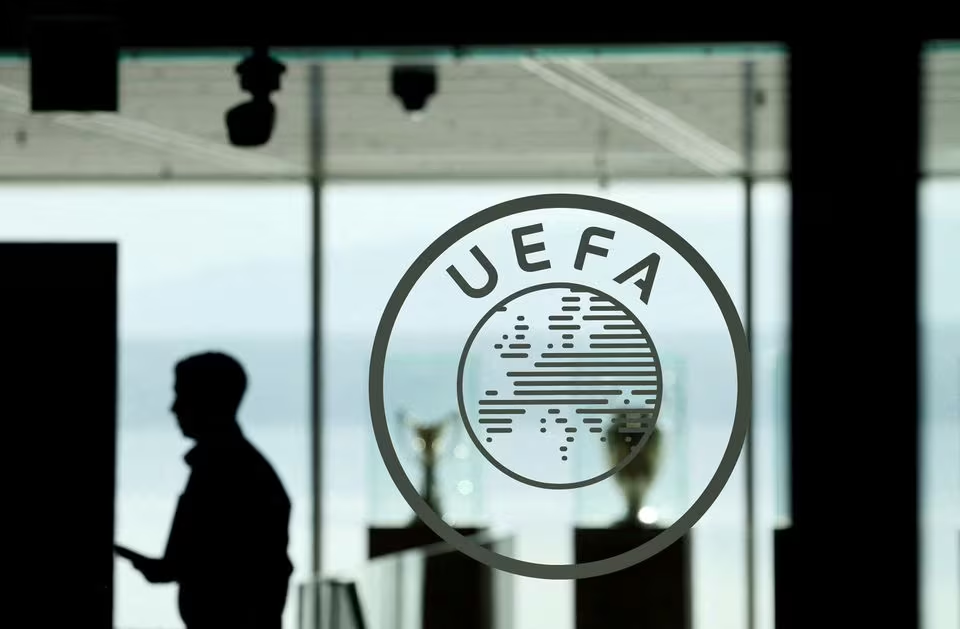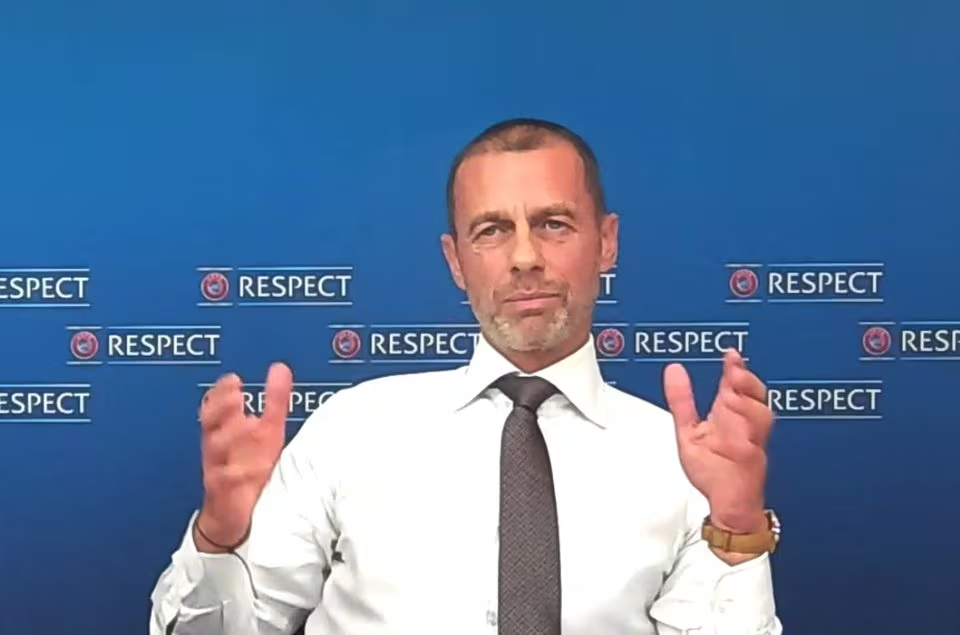European Court Of Justice Rules In Favor Of Super League Project, Challenges UEFA Monopoly
In a landmark decision, the European Court of Justice rules in favor of Super League project, challenges UEFA monopoly.
Author:Rhyley CarneyReviewer:Paula M. GrahamDec 22, 20235.9K Shares79.7K Views

In a landmark decision, the European Court of Justice rules in favor of Super League project, challenges UEFA monopoly.
The European Court of Justice (ECJ) ruled on Thursday that the Union of European Football Associations (UEFA) has been "abusing a dominant position" in its control of European football.
The ruling emerged from a legal challenge by the Super League and its backers, A22 Sports, asserting that UEFA's actions against the proposed competition constituted an illegal monopoly under European competition law.
Super League's Legal Victory
The ECJ found that FIFA's and UEFA's rules, which mandated their prior approval for new football competitions and prohibited players from participating in those competitions, were deemed "unlawful."
The court argued that the existing framework lacked transparency, objectivity, non-discrimination, and proportionality.
Additionally, it was believed that FIFA and UEFA's exclusive control over the commercial exploitation of related rights restricted competition.
The court emphasized that organizing football competitions is an economic activity and, as such, must adhere to competition rules and respect freedom of movement.
This decision contests the authority FIFA and UEFA currently hold over the creation of new football competitions.
Super League Must Still Earn Recognition
While the ECJ's decision is a significant blow to UEFA's dominance, it clarified that the ruling doesn't automatically approve a competition like the Super League project.
Instead, it serves as a verdict on FIFA's and UEFA's rules in general, highlighting the need for transparency and fairness.
Bernd Reichart, CEO of A22 Sports, celebrated the verdict as a triumph for the Super League project. He declared, "UEFA's monopoly is over. Football is free.
Now the clubs won't suffer threats and punishments. They're free to decide their own future." This signals a pivotal moment for the Super League's ambition to replace UEFA's Champions League.
UEFA's Stance
UEFA responded to the ruling by asserting confidence in its updated rules, which were implemented following the Super League's attempted launch.
The football governing body stressed that the ruling did not endorse or validate the Super League but acknowledged a pre-existing shortfall in its pre-authorization framework, which had been addressed in June 2022.
A22 Sports, under Bernd Reichart's direction, has been working on relaunching and rebranding the Super League with a suggested more open and meritocratic format since October 2022.
Reichart emphasized fan-centric initiatives, such as broadcasting all Super League games for free and ensuring guaranteed club income and solidarity payments.
Clubs And Leagues Respond
While the ruling has emboldened the Super League project, major clubs like Manchester United and Bayern Munich affirmed their commitment to UEFA's competitions.
Domestic leagues across Europe rejected the Super League concept, emphasizing the importance of sporting merit. The UK government announced plans to legislate against English clubs joining another breakaway competition.
The court's decision has set the stage for a potential revival of the Super League, challenging the status quo in European football.
The ruling will now be considered by the Spanish court, where the judge can apply its responses to the specific facts of the case.
As the football landscape navigates this legal and regulatory turbulence, the coming months will unveil the evolving dynamics between traditional governing bodies and ambitious breakaway initiatives.
Final Words
The European Court of Justice's ruling challenges UEFA's dominance in European football, affecting the Super League project and its backers, A22 Sports.
The verdict questions the transparency and fairness of the existing framework, paving the way for a more inclusive and fan-centric league.
Major clubs' loyalty to UEFA is still in question, and how established governing bodies and cutting-edge initiatives interact will determine the direction of football in the future.

Rhyley Carney
Author

Paula M. Graham
Reviewer
Latest Articles
Popular Articles
